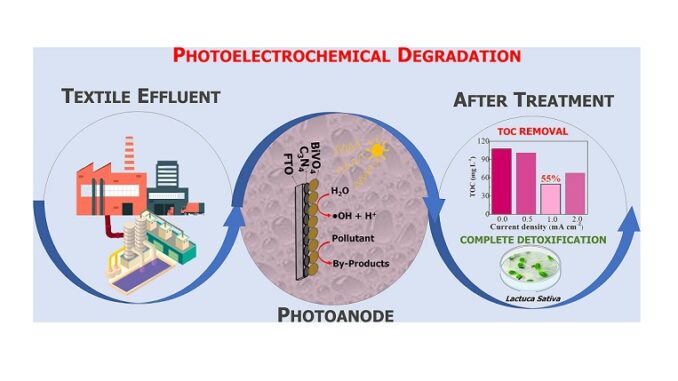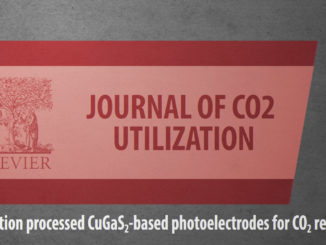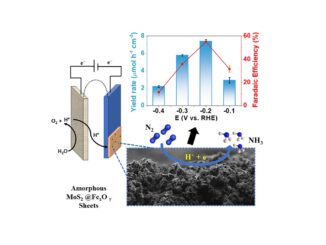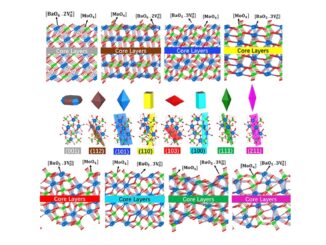
Efficient photoelectrochemical real textile wastewater detoxification using photoanodes of C3N4–BiVO4
Abstract: Photoelectrochemical systems utilizing solar energy have garnered significant attention for their sustainability in remediating contaminated water. This study focuses on advancing photoanode development through the utilization of carbon nitrides (C3N4) and bismuth vanadate (BiVO4), two promising semiconductor materials renowned for their efficient electron-hole pair separation leading to enhanced photocatalytic activity. Four distinct materials were synthesized and compared: BiVO4 over C3N4, C3N4 over BiVO4, and pristine BiVO4 and C3N4. Upon electrochemical analysis, the C3N4–BiVO4 heterostructure exhibited the highest photoelectrocatalytic charge transfer constant, mobility, and lifetime of charge carriers. Capitalizing on these exceptional properties, the composite was applied to remove organic matter real effluent from the textile industry. The photoelectrodegradation of the effluent demonstrated substantial removal of Total Organic Carbon (TOC) and the generation of low toxicity degradation products, accompanied by low energy consumption. The compelling results underscore the high potential of the synthesized C3N4–BiVO4 heterostructure for industrial applications, particularly in addressing environmental challenges associated with textile industry effluents.
Author(s): Isabelle M.D. Gonzaga, Roger Gonçalves, Carlos H.M. Fernandes, Marcelo Assis, Ivo F. Teixeira, Lucia H. Mascaro
Chemosphere
Published: March 2024, Volume 352, 141315
DOI: https://doi.org/10.1016/j.chemosphere.2024.141315
CDMF
The CDMF, hosted at the Federal University of São Carlos (UFSCar), is one of the Research, Innovation and Dissemination Centers (RIDC) supported by the São Paulo State Research Support Foundation (Fapesp), and also receives investment from the National Council Scientific and Technological Development (CNPq), from the National Institute of Science and Technology of Materials in Nanotechnology (INCTMN).




